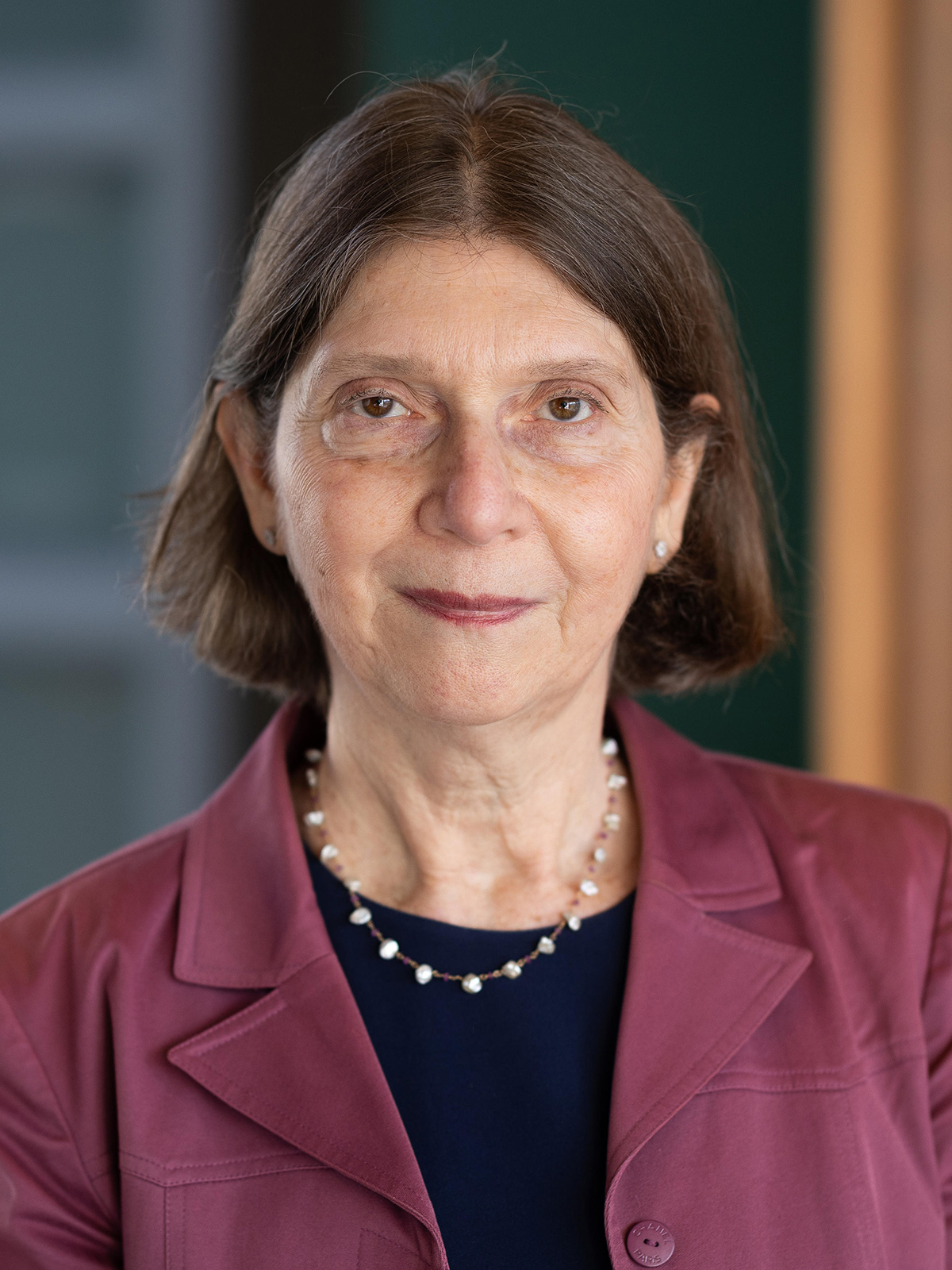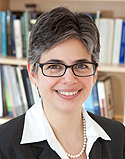
Photo courtesy of deviantARTThe study of bioethics is an integral part of a successful medical school curriculum. At Einstein, the study of bioethics begins the moment students enter medical school.
During medical school orientation, students create an oath of professionalism, recited as a class at the On Becoming a Physician ceremony. Throughout the medical school experience, Einstein's bioethics program teaches a practical approach, grounded in philosophy. Ethics-related sessions are integrated into the basic science information that students study. In small-group sessions facilitated by a diverse group of professionals with expertise in bioethics (including physicians, nurses, lawyers, social workers), students analyze cases and apply knowledge gained in lecture and readings. Facilitators meet before each session to review the material so that each group addresses the same themes (although from different perspectives, depending upon background of the facilitators).

Elizabeth A. Kitsis, MD“Students need to understand the importance of treating the ‘whole’ patient as a person with unique and valid beliefs, values, ideals, hopes, and concerns, rather than merely an illness or symptom,” said Elizabeth A. Kitsis, MD, Associate Chair of Medicine for Faculty Affairs, who served as Director of Bioethics Education at Einstein from 2008 to 2014. “Physicians who are aware of the role of values—both their own and their patients’—know what to look for, think about, and consider before an ethical dilemma arises in an actual patient interaction.”
Bioethics 1, offered during the first year, covers ethics issues involved in professionalism and social media, the BRCA gene and cancer, informed consent, decision-making capacity, genetics, research, conflict of interest, and end of life care.
Bioethics 2, offered the second year, covers privacy, confidentiality, and reportability; cross-cultural care; medical errors; public health emergencies; reproductive rights; organ donation and transplantation, and vaccination.
During year 3, students are given the opportunity to analyze real-life ethical issues that they themselves now face or observe in clinical encounters. As they rotate through the Medicine and Pediatrics clerkships, they are asked to provide an anonymized ethical dilemma in a few sentences. They meet in groups of 25 once during the clerkship, and are presented with the scenarios encountered by their classmates. They then select three or four scenarios to discuss in greater detail, and come back together as a group to share. This fascinating, truly useful exercise is a relatively new initiative began about a year and a half ago in Medicine, and this year in Pediatrics. A wide range of issues are presented, and students grapple with questions such as:
- What do you do if your resident asks you to perform a procedure that you are not comfortable with?
- Is it appropriate to restrain a patient who lacks decision-making capacity for an exam or procedure that his/her surrogate decision-maker has agreed to?
- How do you proceed when you think a patient is getting too much (or not getting enough) opioid pain relief?

Hannah I. Lipman, MD“Students really enjoy applying the practical approach they learned in the first two years to the dilemmas they see in the clerkship,” said Dr. Hannah Lipman, current Director of Bioethics Education at Einstein. “In teaching students during their geriatrics rotation, I see an appreciation for, rather than fear of, complexity as they learn there are ways of approaching difficult cases and that analyzing them together as a group helps.”
Fourth-year students may choose to do bioethics-related reading electives, or to focus their scholarly projects topics on bioethics, such as physician-assisted suicide or optimizing communication to promote shared decision making with families.
When students start considering the ethical aspects of a case, they become more aware of the nuances involved, of the uniqueness of the particular patient and his/her particular medical condition, as well as the patient's values, preferences and concerns, according to Drs. Kitsis and Lipman. This transition from studying "diseases" in general to dealing with illness as it affects specific individuals is a critical quality in becoming a successful physician.